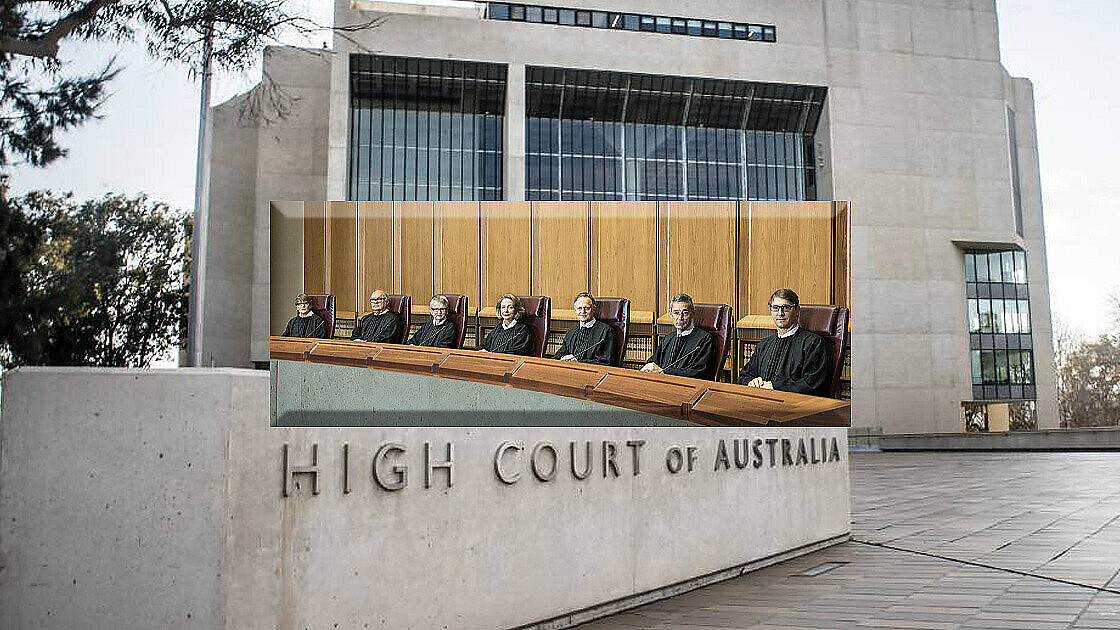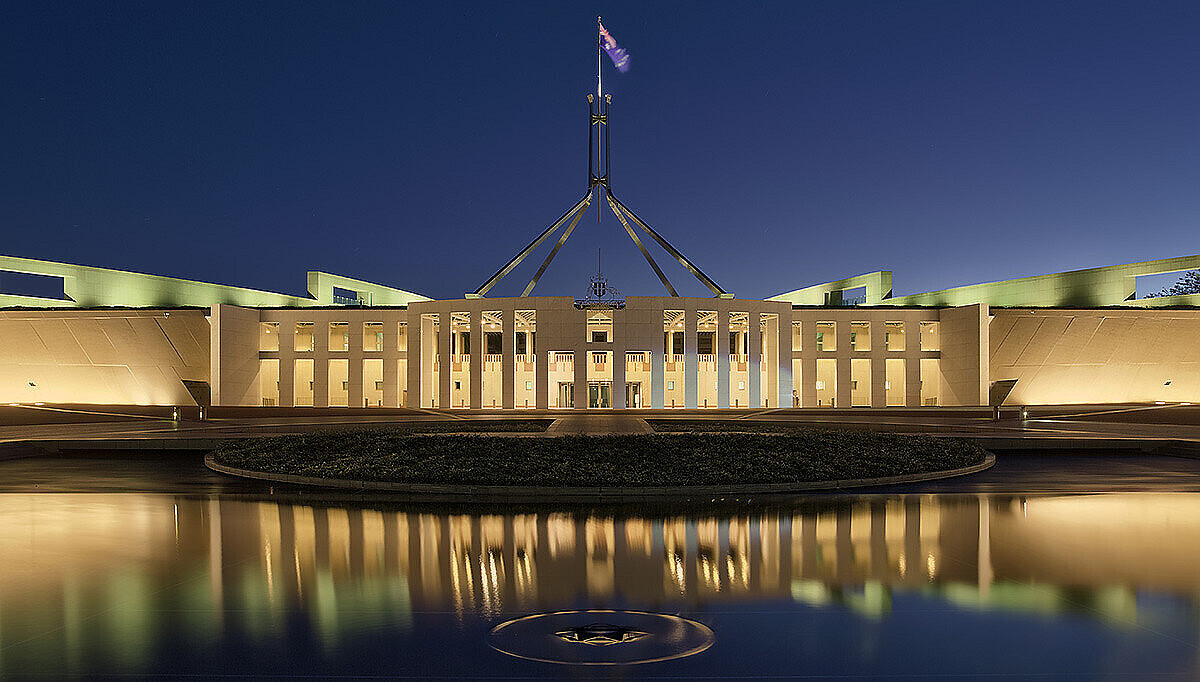The Crown And Law
In the earliest times, the Sovereign was a key figure in the enforcement of law and the establishment of legal systems in different areas of the UK. As such, the Sovereign became known as the ‘Fount of Justice’. While no longer administering justice in a practical way, the Sovereign today still retains an important symbolic role as the figure in whose name justice is carried out and law and order is maintained. Although civil and criminal proceedings cannot be taken against the Sovereign as a person under UK law, The Queen is careful to ensure that all her activities in her personal capacity are carried out in strict accordance with the law. Reference royal.uk
No less an authority than Blackstone, probably revered more in the United States than in the United Kingdom or Australia, explains that “justice is not derived from the king, as from his free gift; but he is the steward of the public…He is not the spring, but the reservoir….”
In England, from time immemorial, this authority has been exercised by the king or his substitutes. The Crown has acted as the fountain of justice in Australia from the time of the first settlement in 1788. Since the Glorious Revolution, the judges have no longer been appointed’ at pleasure’. Rather, they enjoy tenure during good behaviour as determined by the parliament. This, and the fact they are appointed by the Crown, assures their independence. This independence preceded the grant of responsible government to the Australian colonies in the nineteenth century. Appointment of the judges is by the Crown – they are “Her Majesty’s Judges”. They are not the judges of the government in power at the time of their appointment. By their allegiance to their sovereign – even if they inappropriately and unwisely declare themselves to be republican, they cannot unilaterally dispense with their allegiance – their loyalty is clearly and publicly to the Crown as steward or trustee for the people.
Contrast that with, say, the United States, where election or Senate confirmation politicises the judge.




